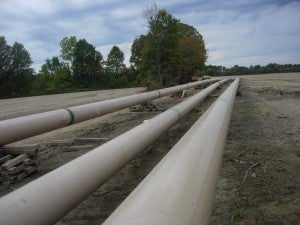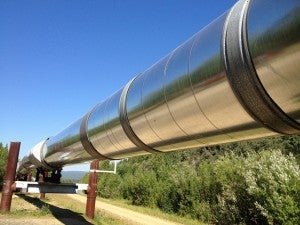 By Keith Gaby, Senior Communications Director – Climate, Health, and Political Affairs
By Keith Gaby, Senior Communications Director – Climate, Health, and Political Affairs
It’s been almost a year of fighting President Donald Trump’s reckless environmental agenda. For those feeling exhausted by the idea of spending three more years facing these serious threats, it’s good to remember that we can win. In fact, in the last few weeks we’ve scored four significant victories for public health and smart energy policy.
A backwards energy plan is rejected
On January 8, the Federal Energy Regulatory Commission unanimously rejected a plan from Energy Secretary Rick Perry to waste money and pollute the air by protecting coal and nuclear plants from competition. Perry had claimed — without evidence — that his bloated plan was needed to provide energy resilience.
FERC made it clear that the proposal fell far short of unbiased, evidence-driven analysis. It was about politics, rather than resilience. Read More














